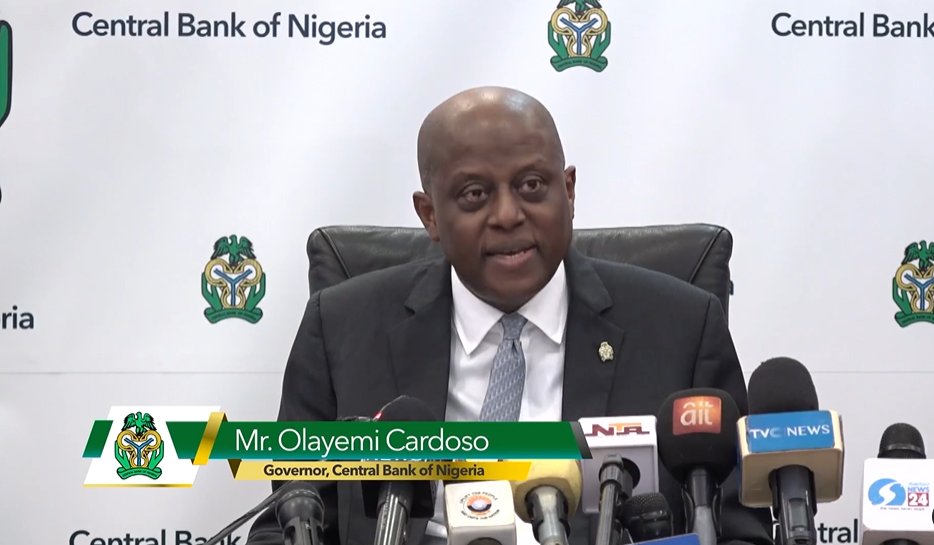The Central Bank of Nigeria (CBN) attributes the recent stability in foreign exchange (FX) rates to increased FX inflows, stricter market controls, and a return to orthodox monetary policy. According to Dr. Victor Eboh, Director of Monetary Policy at the CBN, the bank’s measures aim to restore confidence and transparency in the sector.
Speaking at a business and financial training for journalists in Abuja, Eboh explained that the Naira had been overvalued for years, and the current management allowed the currency to find its true value by removing distortions and preferential access to foreign exchange. The exchange rate had previously climbed to around N1,800 to a dollar but has since stabilized, closing at around N1,440 to a dollar in the official window.
Eboh emphasized that stability, rather than artificially strong rates, is the priority. He noted that increased transparency and unified access have boosted investor confidence, resulting in higher foreign exchange inflows. The country’s external reserves have risen to over $43 billion, representing about nine months of import cover, compared to three months in Ghana and barely six weeks in some other West African countries.
The CBN director also reported that the nation’s balance of payments and current account have remained in surplus territory, supported by programs designed to enhance FX liquidity and improve external sector conditions. On inflation, Eboh acknowledged that lending rates are still elevated but stated that monetary tightening is necessary to restore price stability. He warned that uncontrolled inflation would erode purchasing power more severely than short-term constraints on spending.
The CBN has reverted to orthodox monetary policy, focusing on core mandates while leaving fiscal interventions to the government. Eboh assured the public that Nigerian banks remain strong and sound despite the ongoing recapitalization, which is aimed at positioning the financial sector to support the government’s economic targets. The bank is closely monitoring monetary aggregates to prevent excessive money supply growth that could fuel inflation.
The CBN will sustain measures to ensure exchange rate stability, curb inflationary pressures, and maintain overall financial system soundness. As the bank continues to prioritize stability and transparency, the Nigerian economy is likely to experience increased investor confidence and improved economic conditions. With a strong external reserve and a stable exchange rate, the country is well-positioned to achieve its economic goals and maintain a stable financial system.
